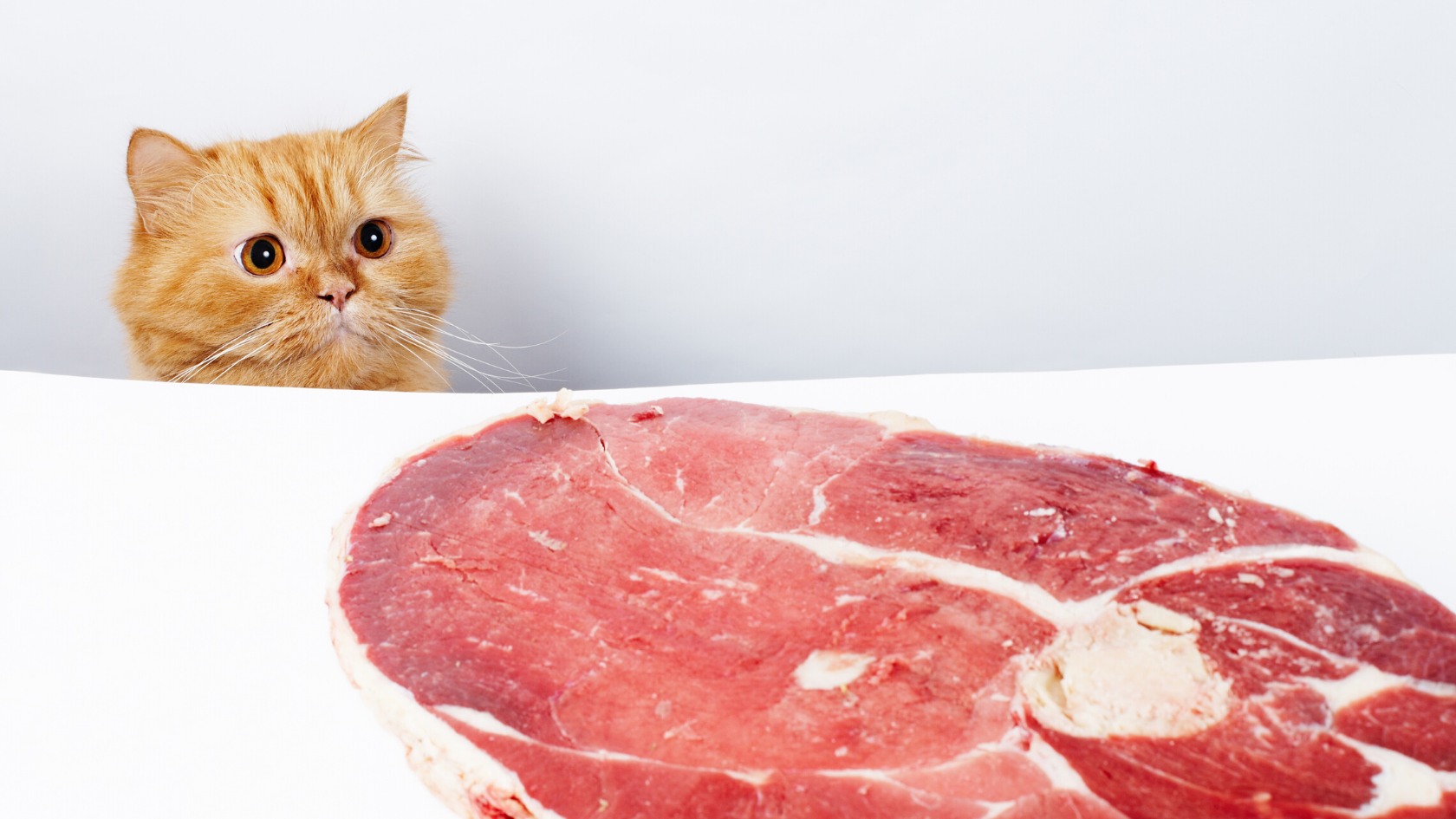While some dogs are more prone to developing arthritis like these breeds, it can happen in all breeds and at all ages. In about 20% of cases, they start to show signs as early as one year of age or younger (The Vet Times), this is why it’s important to know how to prevent and treat osteoarthritis in dogs.
Many owners want to help prevent their dog from acquiring arthritis which we discuss in this article while others want to treat it.
If your dog already has arthritis making small changes in their diet has been scientifically proven to help with pain and improved condition. (Source).
When choosing a food for your dog with arthritis there are some specific ingredients that you should ensure are included in the formulations.
If you decide to keep your dog on the food they have become accustomed to there is always the option of supplementing your dog’s diet. Read our article that goes into detail about the best supplements for arthritis in dogs here.
How to choose a food for dogs with arthritis

Read the label
Look for foods that have been formulated to help treat arthritis in dogs. This will usually be placed on the label as ‘joint health’ or ‘mobility support’.
There are several foods on the market formulated specifically for dogs that have osteoarthritis to read our top pics for the year, read our article about the best foods for dogs with osteoarthritis here.
Read the ingredient list
Regardless of if the food has a label dedicated to joint support, it may include many of the ingredients you want. You should know what ingredients to look for that should be included and should not be included.
To read about some of the ingredients that should not be included in dog food for dogs with arthritis, read our article about what not to feed your dog with arthritis.
Choose foods low in calories
Many dog foods formulated with arthritis in mind will be low-calorie or low-fat. This is beneficial if your dog is overweight as it can put undue stress on your dog’s joints and worsen its condition.
Choose healthy ingredients
Choose diets that include whole foods like chicken breast and preferably organic, non-irradiated foods. For more information on what to look for in a quality diet, read our article here or here for how to choose the best quality kibble.
Beneficial Ingredients To Look For In Dog Food for Arthritis

Vitamins
There are many vitamins that help support the joints, the main two are vitamin C and vitamin E.
Dogs naturally make vitamin C but it may also be added to diets formulated for joint support.
Vitamin C helps your dog’s body synthesize collagen, which is a part of their cartilage that adds cushion to their joints. Foods that you may see on the dog food label that are high in vitamin C include carrots, pumpkin, kale, sweet potatoes, and seaweed.
Vitamin E is naturally anti-inflammatory and helps decrease inflammation in your dog’s body.
Anti-inflammatories
Arthritis literally defined as inflammation of the joint. Choosing a food high in anti-inflammatories is good for any dog, but great for those with arthritis. Foods that include ingredients like blueberries, cetyl myristoleate, and chia are great for dogs with arthritis as they are all anti-inflammatories.
Proteins
Proteins are the building blocks of your dog’s body, especially muscle. Muscles are made up of mostly protein and they are needed to help your dog function.
Choose foods that include proteins but not fatty proteins. This is one reason why it is important to choose a food that lists whole foods and not ‘meals’ like ‘chicken meal’.
To read more about what chicken meal is and other ingredients you don’t want in dog food, read our article, 10 things to avoid in your dog’s food.
Ideally, the packaging should state lean proteins like turkey or chicken.
Fatty acids
Omega-3 fatty acids have been shown to have immunomodulatory properties in other words they can change or modulate the body’s immune system. (Source)
They help mitigate the inflammatory response by acting as precursors to lipid mediators of inflammation. Research has shown that Omega-3 fatty acids can help attenuate the inflammation that occurs with arthritis.
Choosing foods high in Omega-3s that include fresh-caught fish like salmon, flax seed, or green-lipped mussels is a great choice.
Some foods will also include Omega-9’s in the form of an additive or incorporate foods that are high in this fatty acid like mackerel. Although most researchers agree that it isn’t necessary to add this fatty acid to a dog’s diet as their bodies do a good job at producing it naturally.
Collagen Support
Most foods created specifically for dogs with joint issues like arthritis will include collagen-building or scaffolding substances.
Look for foods that have been formulated with compounds like MSM, collagen, glucosamine, chondroitin, and hyaluronic acid. To read more about supplements that include these compounds for dogs with osteoarthritis read this article.
The foods you decide to feed your dog can aggravate or alleviate their arthritis symptoms. Choosing a high-quality diet that uses whole foods and includes many of the ingredients listed along with care from your vet will help keep your dog healthy and chasing squirrels through the garden for a very long time.

























































































































